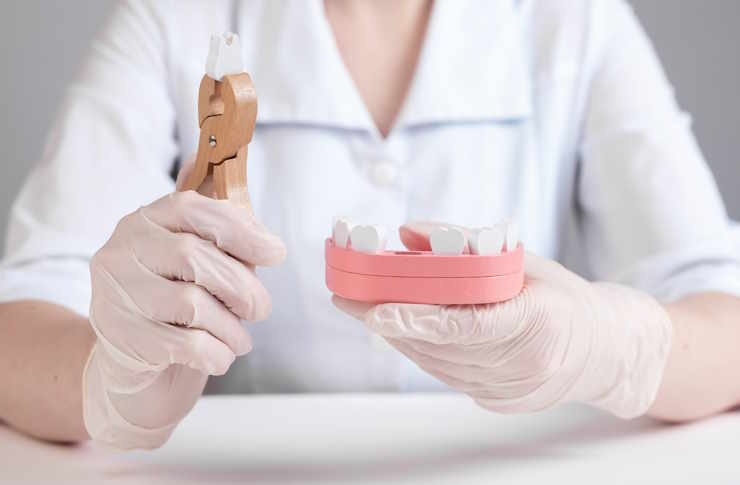Comparing Regulatory Standards Across Countries for Clinical Practice
Regulatory standards for clinical dental practice vary widely between countries, influencing how dentists obtain licensing, maintain accreditation, and manage cross-border mobility. This article examines key regulatory areas—credentialing, telehealth, taxation, visas and relocation, upskilling, and professional networking—to help clinicians understand differences that affect practice and patient care.

Regulatory frameworks shape how dental professionals practise in different jurisdictions, affecting patient safety, professional mobility, and clinic operations. Differences in licensing processes, the scope of permitted services, and requirements for portfolio documentation or continuing education can create significant hurdles for dentists planning relocation or international collaboration. Understanding accreditation models, credentialing procedures, taxation rules, and telehealth regulations helps clinicians plan compliant careers while maintaining standards of care.
This article is for informational purposes only and should not be considered medical advice. Please consult a qualified healthcare professional for personalized guidance and treatment.
How do licensing requirements differ?
Licensing systems vary from tightly centralized national authorities to regionally administered boards. Some countries require an internationally recognized qualifying degree plus local exams; others accept foreign credentials with supervised practice periods. Licensing often includes documentation of clinical hours, language proficiency, and a verified portfolio of training. Dentists considering relocation should map out credential recognition timelines and permitted scopes of practice, since licensing determines what procedures and specialties a clinician may legally perform.
What does accreditation mean for clinics?
Accreditation affects clinic standards, patient safety protocols, and often reimbursement eligibility. In some countries accreditation is mandatory and tied to public funding; in others it is voluntary and signals higher quality to patients and insurers. Accreditation processes typically examine infection control, record-keeping, equipment maintenance, and staff qualifications. For dentists joining or opening a practice, understanding local accreditation expectations helps align clinical policies and supports smoother inspections and audits.
How does credentialing affect practice?
Credentialing verifies a clinician’s education, training, and professional standing and is used by hospitals, insurers, and regulatory bodies. The process can require primary-source verification of degrees, references, malpractice history, and continuing education records. In cross-border moves, differences in credential formats and verification channels can delay approval. Maintaining a clear, well-organized portfolio of certifications, licenses, and documented procedures speeds credentialing and reduces administrative burden when applying to new clinics or networks.
How do relocation and visa rules interact?
Relocation for clinical practice is governed by immigration rules as well as health professional regulations. Visa categories may require employer sponsorship, proof of qualifications, or passing specific exams. Some countries provide streamlined pathways for healthcare professionals, while others impose quotas or lengthy work-permit procedures. Dentists must coordinate credentialing timelines with visa processing, as delays in either can affect start dates. Understanding temporary practice permissions and requirements for family relocation can also influence relocation decisions.
How are taxation and remuneration handled?
Taxation and remuneration systems for clinicians differ by jurisdiction and practice model. Income tax structures, mandatory contributions for social security or pensions, and rules for declaring freelance or corporate earnings affect take-home pay and financial planning. Remuneration may be fee-for-service, salaried, or blended and can be influenced by public insurance reimbursement rates and private-sector demand. Dentists should consult local tax advisors to understand liabilities, allowable deductions for equipment and continuing education, and implications of cross-border income during relocation.
How do telehealth, upskilling, and networking shape specialties?
Telehealth regulations, continuing upskilling requirements, and professional networking increasingly affect scope of practice and specialty development. Telehealth can expand patient access but is subject to data protection, cross-jurisdictional licensure, and informed-consent rules that vary widely. Upskilling via accredited courses supports speciality recognition and portfolio enrichment, while active networking with local professional bodies aids credentialing and referrals. Dentists should verify whether online supervision counts toward specialty requirements and how telehealth consults are classified for remuneration and taxation.
Conclusion Comparing regulatory standards across countries reveals diverse approaches to licensing, accreditation, credentialing, and clinical practice management. Key practical considerations include preparing a verified portfolio, aligning continuing education with local accreditation, coordinating visa and relocation timelines, and seeking local tax guidance. Awareness of telehealth rules and networking with local professional bodies helps integrate into new systems while maintaining care quality and compliance.




